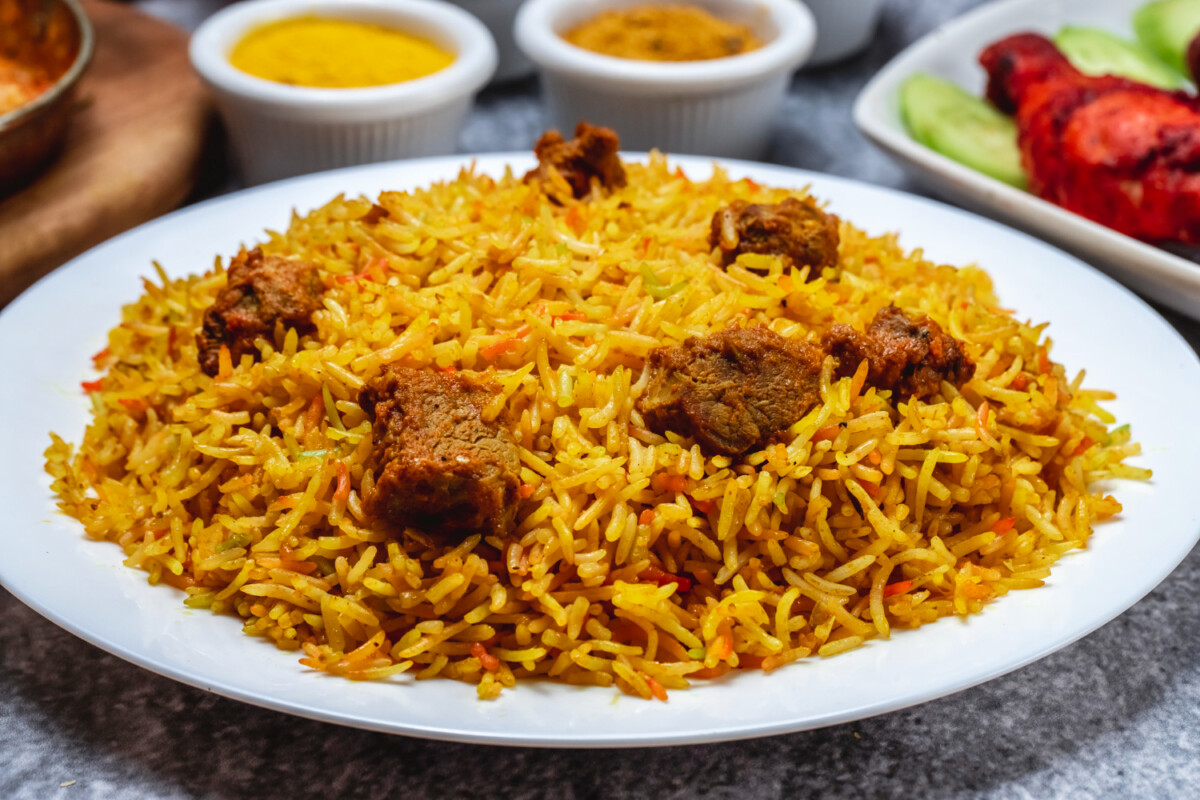Cultural Exchange: How the Nigerian Diaspora is Influencing Global Food Trends
In recent years, the Nigerian diaspora has significantly impacted global food trends, blending traditional Nigerian cuisine with international influences and bringing a fresh perspective to the culinary world. This cultural exchange is reshaping how Nigerian food is perceived and enjoyed worldwide, and it highlights the growing influence of immigrant communities on global gastronomy.
The Rise of Nigerian Cuisine on the Global Stage
The global appetite for diverse culinary experiences has created a fertile ground for Nigerian cuisine to flourish. Nigerian food, known for its rich flavors, vibrant colors, and hearty ingredients, is gaining recognition and popularity far beyond its traditional borders. This rise can be attributed to the efforts of Nigerian chefs, restaurateurs, and food enthusiasts who have ventured abroad and established themselves in the international culinary scene.
One of the most notable contributions of the Nigerian diaspora is the introduction of traditional dishes such as Jollof rice, Suya, and Egusi soup to global audiences. Jollof rice, a flavorful one-pot dish made with tomatoes, peppers, and spices, has become a favorite in many parts of the world, often featured on restaurant menus and in food festivals. Suya, a spicy grilled meat skewer, and Egusi soup, a savory stew made with melon seeds, are also gaining traction, reflecting the growing interest in authentic Nigerian flavors.
Fusion Cuisine: A Taste of Nigeria with a Global Twist
The Nigerian diaspora is not only sharing traditional recipes but also innovating with fusion cuisine. Chefs of Nigerian descent are experimenting with blending Nigerian ingredients and techniques with global culinary practices. This creative approach has led to the development of unique dishes that showcase the versatility of Nigerian ingredients while appealing to a broader audience.
For example, Nigerian-inspired tacos and burgers have become popular in many cities, offering a new twist on classic favorites. These dishes often incorporate traditional Nigerian spices and flavors, such as the use of Suya seasoning in taco fillings or the addition of plantains to burger toppings. This fusion approach allows Nigerian cuisine to be accessible and appealing to those unfamiliar with its traditional forms, making it a part of mainstream dining experiences.
The Role of Nigerian Food Influencers and Entrepreneurs
The role of Nigerian food influencers and entrepreneurs has been instrumental in promoting Nigerian cuisine globally. Social media platforms, especially Instagram and YouTube, have become vital tools for showcasing Nigerian food culture. Influencers and chefs use these platforms to share recipes, cooking tips, and cultural stories, creating a vibrant online community around Nigerian food.
One prominent figure in this movement is Chef Tolu Eros, known for his innovative approach to Nigerian cuisine. His fusion dishes and visually appealing presentations have garnered attention from food enthusiasts worldwide. Similarly, Nigerian-American chefs like Michael Solomonov and Yemi Amu are making waves with their interpretations of Nigerian flavors, contributing to a broader appreciation of Nigerian culinary traditions.
Additionally, Nigerian-owned restaurants and food businesses are expanding their reach, opening locations in diverse cities and bringing Nigerian food to new markets. These establishments often serve as cultural ambassadors, introducing diners to the richness of Nigerian cuisine while offering a space for cultural exchange and celebration.
Challenges and Opportunities in Promoting Nigerian Cuisine
Despite the growing popularity of Nigerian food, there are challenges to overcome. One significant issue is the limited availability of traditional ingredients in some regions, which can make it difficult for chefs and home cooks to prepare authentic Nigerian dishes. Efforts to address this include the establishment of specialty stores and online marketplaces that provide access to Nigerian ingredients and spices.
Another challenge is the need for greater awareness and understanding of Nigerian food culture. Many people outside Nigeria are unfamiliar with the diversity and depth of Nigerian cuisine, leading to misconceptions and stereotypes. Educating the public through food events, cooking classes, and media coverage can help bridge this gap and foster a more nuanced appreciation of Nigerian food.
Opportunities for growth are abundant, particularly in the realm of food tourism and culinary education. Nigerian cuisine’s unique flavors and dishes offer a compelling draw for food enthusiasts and travelers seeking new experiences. Culinary tours and cooking classes focused on Nigerian food can provide immersive experiences that highlight the cultural significance and culinary techniques behind the dishes.
The Future of Nigerian Food Trends
The future of Nigerian food trends looks promising as the influence of the Nigerian diaspora continues to grow. As more people around the world become exposed to Nigerian cuisine through travel, media, and cultural exchange, the demand for Nigerian dishes and ingredients is likely to increase. This growing interest presents opportunities for Nigerian chefs and entrepreneurs to further innovate and expand their reach.
Moreover, the emphasis on sustainability and health in global food trends aligns well with traditional Nigerian cuisine, which often features fresh, locally sourced ingredients and balanced flavors. This alignment provides a solid foundation for Nigerian food to gain traction in the context of current culinary movements.
In conclusion, the Nigerian diaspora is playing a crucial role in shaping global food trends, introducing traditional Nigerian cuisine to new audiences and creating exciting fusion dishes that reflect the rich cultural heritage of Nigeria. As the influence of Nigerian food continues to grow, it not only enriches the global culinary landscape but also fosters greater cultural understanding and appreciation. The ongoing cultural exchange promises a vibrant future for Nigerian cuisine on the world stage.



